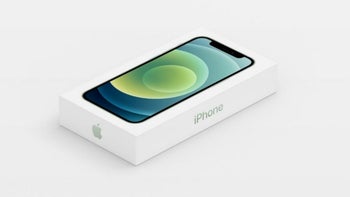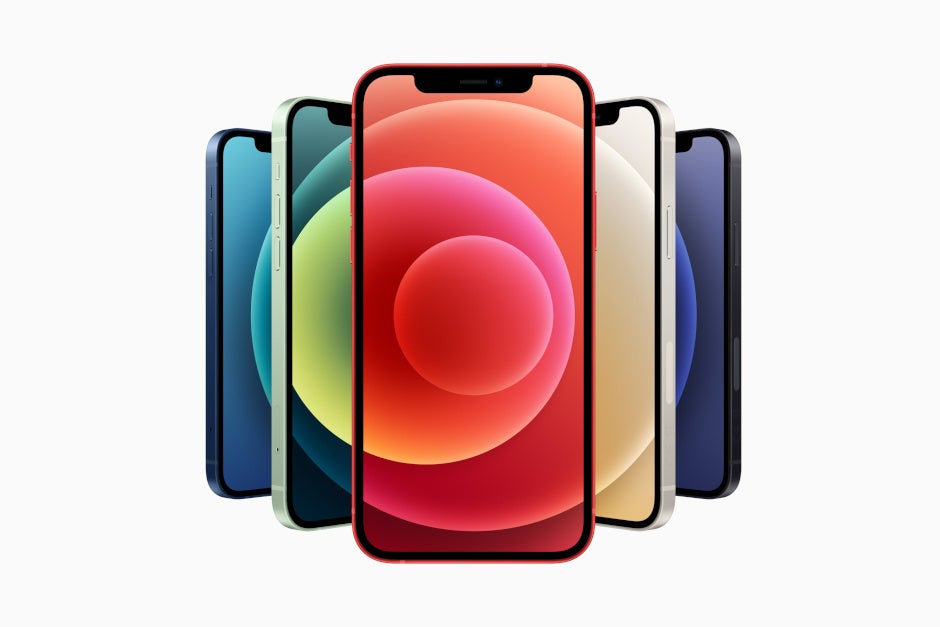Apple finds a way to fit larger batteries inside the iPhone 13 says top analyst

Prescient TF International analyst Ming-Chi Kuo has good news for iPhone users who would like to see Apple equip its handsets with longer-lasting batteries. As you might have figured out, what keeps Apple from including larger batteries in the iPhone is the space that components take up inside the phone. But according to AppleInsider, Kuo told clients that next year's iPhone 13 line will use soft board battery technology. This allows Apple to use flexible circuit boards instead of regular printed ones which will help create more room inside the phones to fit larger batteries.
Apple could use new technology to increase battery life for the iPhone 13 line
Apple has been employing soft boards on the iPhone since it launched the iPhone 8 and iPhone 8 Plus in 2017, but only for some LTE antennas. The use of non-rigid boards will now be expanding to the circuitry used for the handset's batteries. The boards also use Liquid Crystal Polymer (LCP), a material that helps deliver high-speed data transfers with low-latency.

Apple will reportedly to use flexible circuit boards to make more room for larger batteries on the iPhone 13 series
Samsung once labeled iPhone users wallhuggers because they always needed to always look for an outlet to plug into. But that was back in 2014 before Apple started jacking up the battery life on the iPhone. In 2018, the lowest-priced iPhone model, the iPhone XR, featured the best battery life on any iPhone ever, at that time. At launch, our own testing showed that the 2942mAh battery lasted for 11 hours and 1 minutes. With the 2019 iPhone 11 series, Apple added up to an hour of additional battery life with the iPhone 11, up to four hours on the iPhone 11 Pro and up to five hours on the iPhone 11 Pro Max. Our battery life test showed that the iPhone 11 Pro Max battery provided power for 12 hours and 35 minutes compared to 9 hours and 34 minutes for its predecessor (iPhone XS Max).
For this year's iPhone 12 series, Apple actually reduced the size of the batteries inside its phones. Normally, this doesn't sound like the smartest thing to do with 5G support added to the handsets in 2020. However, Apple's new 5nm A14 Bionic chip is loaded with nearly 40% more transistors compared to the A13 Bionic which means that the new chip consumes less energy than last year's integrated circuit.
Apple will reportedly obtain 40% to 50% of its LCP soft boards from a company called Career Technology Kuo says. The well-regarded analyst added, "We predict that iPhone 13 will be the first iPhone model to adopt battery soft board technology, which will help save internal space and reduce costs. We believe that the number of battery panels for the iPhone 13 series is reduced due to the reduced number of suppliers, which will benefit the long-term profits of the suppliers. As a new entrant, Career Technology is the biggest beneficiary of the iPhone 13 series's switch to battery soft board design."
Kuo expects that the 2021 iPhone models will sport the same screen sizes as this year's phones which means that you should expect a 5.4-inch iPhone 13 mini, a 6.1-inch iPhone 13 and iPhone 13 Pro, and a 6.7-inch iPhone 13 Pro Max. The reliable analyst sees improvements coming to the ultra-wide cameras on next year's "Pro" models which he says might feature a six-element (6P) f/1.8 lens with autofocus support. The current-generation iPhone 12 Pro models offer five-element (5P) f/2.4 lenses with fixed focus.
And if Kuo is correct, which he is a large percentage of the time, we could see Apple find the room inside the iPhone 13 units to include larger, more powerful batteries inside next year's iPhone models. And to make the room needed for this to occur, Apple is supposedly counting on the more flexible soft circuit boards. And perhaps buoyed by the knowledge that it will increase battery life on the iPhone 13 models, Apple will add the 120Hz ProMotion refresh rate to the 2021 phones. Updating the display at a rate of 120 times each second, this feature does consume plenty of battery power.










Things that are NOT allowed: